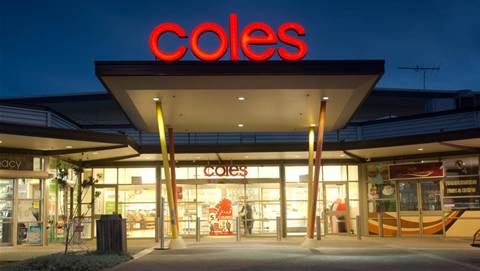Quantum computing company, Diraq has added new investors to its funding round leading to a US$7 million boost, raising its Series A to US$22 million.

On Tuesday, Diraq announced today announced the expansion of its investment round, bringing the total raise to US$22 million.
The company found further investment from deep tech venture fund Main Sequence, leading global real asset technology investor - Taronga Ventures, Uniseed and UniSuper, Co:Act Capital and additional participation from foundation shareholder and research partner, UNSW, Sydney.
The initial Series A2 round was led by the global quantum technology specialist fund Quantonation, reaching US$15 million.
The Sydney-based quantum computing company is aiming to become an end-to-end quantum computing provider that delivers quantum hardware and software-as-a-service.
Diraq builds quantum processors using silicon ‘quantum dot’ technology and first patented the process in 2014.
Andrew Dzurak, CEO and founder of Diraq said, “Diraq welcomes our new investors and we look forward to partnering with them as we achieve the major milestones on our road map to deliver the world's first fault-tolerant quantum computer.”
More recently, the company said it recorded proof Diraq’s technology can be manufactured at scale in a commercial environment.
According to the Diraq, this was done by verifying a control accuracy of 99.9 percent for a quantum bit (qubit) manufactured by imec using industry-standard CMOS materials on a 300mm silicon wafer.
Dzurak told Digital Nation, “Perhaps the biggest differentiator with other qubit technologies is that Diraq qubits are much, much smaller than our competitors.”
“Our qubits are only tens of nanometers in size, roughly the same size as the transistors on conventional silicon chips, such as memory chips or microprocessors.
“For example, the qubits that PsiQuantum use require ‘silicon waveguides’ which can be fabricated on silicon chips, but each qubit structure has an area more than one million times bigger than a Diraq CMOS quantum dot qubit.”
Dzurak said this means “that we can make a universal, fault-tolerant QC with millions of qubits, and operate it within one cryogenic refrigerator (a little larger than the size of a domestic refrigerator in your home) whereas competitors require a cryogenic system the size of a building.”
“So, our systems will massively outperform our competitors in terms of physical size, but more importantly in terms of the power/energy required to operate them, so ours will be far, far cheaper than competitors,” Dzurak said.
Investor insights
Bill Bartee, managing partner at Main Sequence said, “Diraq’s breakthroughs are a testament to Australia’s leading position globally in quantum computing.”
“We see their potential for scaling up and their compatibility with advanced semiconductor manufacturing technology as an advantage,” Bartee said.
Avi Naidu, co-founder and managing partner at Taronga Ventures said, “Major technology advancements like Diraq’s quantum computers will significantly impact the real asset sector, representing a step change toward the next generation of data infrastructure.
“More broadly, high-performance computing capabilities will elevate critical areas such as energy modelling, climate, health and much more.
“We’re pleased to support companies like Diraq that have the potential to transform both real assets, and the foundational industries they support,” Naidu added.
Quantum computing has kicked up a lot on interest over the year, with CEO and founder Q-Ctrl, Michael Biercuk stating the emerging technology is on the verge of its next major milestone as he believes “we’re right on the threshold” of quantum advantage.
The University of Sydney was also awarded $18.4 million from the federal government to establish ‘Quantum Australia’ in efforts to help grow the space in Australia.
Join us at our first-ever Digital Nation Executive Meet-ups at The Ivy Sunroom in Sydney on Thursday, June 27th. Secure your spot today.


_(28).jpg&h=140&w=231&c=1&s=0)








 iTnews Benchmark Awards 2026
iTnews Benchmark Awards 2026
 iTnews Executive Retreat - Security Leaders Edition
iTnews Executive Retreat - Security Leaders Edition
 iTnews Cloud Covered Breakfast Summit
iTnews Cloud Covered Breakfast Summit
 The 2026 iAwards
The 2026 iAwards












_(1).jpg&h=140&w=231&c=1&s=0)



